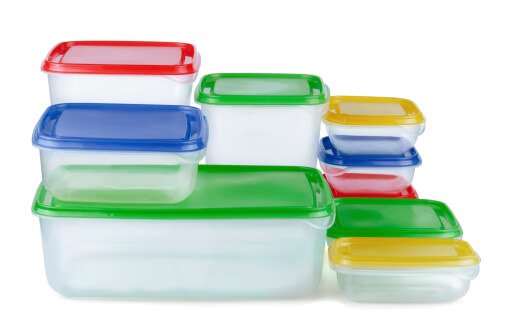
Plastics are now made in different varieties, and different plastics are used for different purposes. Despite coming under the umbrella name of ‘plastic’, these materials vary drastically in their production methods, and how they are utilized. Knowing the differences with different plastics is important, especially when disposing of materials that are made of specific types of plastic – some of which may be recyclable, and some of which are not recyclable, and need to be disposed of in another manner.
One common type of plastic is known as Polyvinyl chloride, otherwise known as PVC. PVC is not often recycled, and can be poisonous if ingested, and thus must not come into contact with food. This type of plastic is common because it is cheap to produce, and because of its usage in a large number of items that are used today. Recycled PVC can be used to make flooring, pipes, hoses, cables, and other industrial-grade items.
Another type of plastic is one that is made with polyethylene terephthalate, and is also known as PETE, or PET. This material is commonly used in packaging, or in creating containers for food. This material is lightweight, and durable. These containers may absorb odours and flavours of the food that is stored within these containers. Items made from this kind of plastic are commonly recycled. Common items that have PET plastic are bottles, medicine jars, combs, etc.
One reason that PVC must be kept away from edible foods is because it breaks down with exposure to UV rays, and will emit dangerous compounds, and leaches chemicals onto whatever it comes in contact with. Even without exposure to the sun, PVC will break down, resulting in toxic compounds being released into the air. Thus, PVC must be disposed of properly, with adequate measures being made to make sure that no harmful chemicals are released into the air during its disposal. Thus, it is advised not to store food or other edible items in containers that have PVC plastic, and even items that are not edible may get damaged with long term exposure to PVC.
PET, too, has the tendency to leach antimony (which is poisonous to humans), and is advisable not to leave liquid in bottles for too long, as the potential becomes greater. Warm temperatures, like those inside cars, increase the release of antimony into the liquid – therefore, if you leave a bottle in the car, it is advisable to throw it immediately. However, PET is still preferred over PVC because of its relative non-toxicity and its usefulness as well – especially with storage of food items.
PET can be recycled unlike PVC, and the recycling process has minimal impact on the environment, and is easy to do – and can be deposited in neighbourhood recycling pickup deposits, and does not require industrial grade recycling units.
Orenda is a company that provides the plastics industry with cost-effective and efficient solutions to meet the demands. By manufacturing the equipment using the latest technology, Orenda is able to deliver superior quality products to the customer base, and is able to do so at competitive market rates, providing pure customer satisfaction to all.





